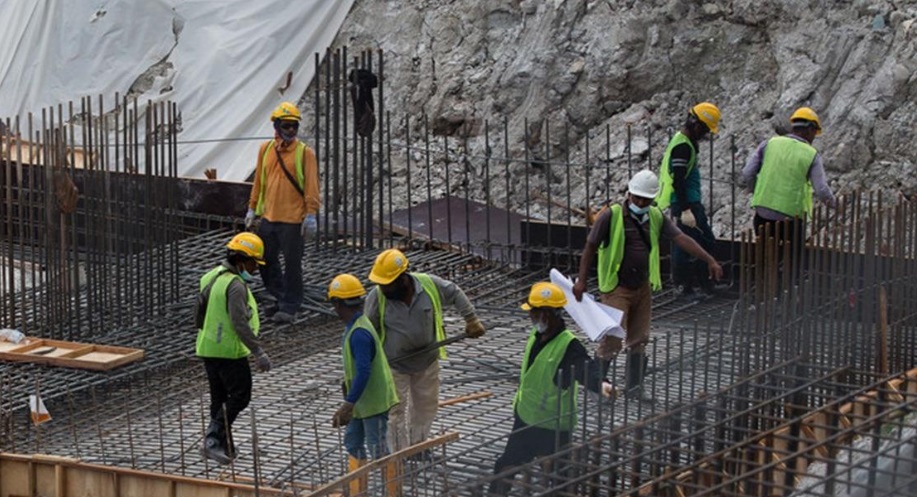
Malaysia’s demand for ferrous metals and their value-added products will be well driven by the roll-out of major local infrastructure projects.
Kenanga Investment Bank Bhd (Kenanga IB) believes that the demand for steel would improve, considering the development as mega public infrastructure projects such as Penang’s Mutiara Line Light Rail Transit (LRT), the Kuching Autonomous Rapid Transit (ART) and Mass Rapid Transit 3 (MRT3).
“The good news is that stable steel prices translate to stable steel product prices, reducing earnings volatility of steep product producers such as Engtex Group Bhd (Engtex) and United U-Li Corp Bhd,” the bank stated in a note.
It also anticipates China’s steel demand to grow modestly this year – after four years of stagnation – driven by a stabilisation property market, additional stimulus supporting other sectors and improving consumer sentiment.
“Steelmakers may face pressure in 2025 and beyond from the rising anti-dumping investigations with a more pronounced impact likely in 2026.
“The industry’s poor profitability has already led to production cuts and is paving the way for consolidation as many steelmakers face the risk of bankruptcy. If capacity limits are enforced, utilisation rates could improve, potentially boosting Chinese steel prices in 2025,” it noted.
Apart from mega projects, the Malaysian government continues its efforts in building artificial intelligence (AI) infrastructure, receiving positive recognition from technology giant Google as the latter invested US$2 billion into the country.
Google vice president of government affairs and public policy Karan Bhatia revealed that Malaysia’s approach to building such infrastructure was the main reason the company invested the amount towards a data centre in Malaysia.
Its investment in May 2024 involved the development of its first data centre in the country and a Google Cloud region to meet the growing demand for cloud services locally and around the world, as well as AI literacy programmes for students and educators.
Overall, the investment is expected to generate over (US$3.2 billion in economic impact and create 26,500 jobs by 2030.
At the same time, Microsoft vice president of data and AI Zia Mansoor also reacted positively to Malaysia’s efforts with the National AI Roadmap and the infrastructure around it as it creates an AI centre of excellence in the government.
























